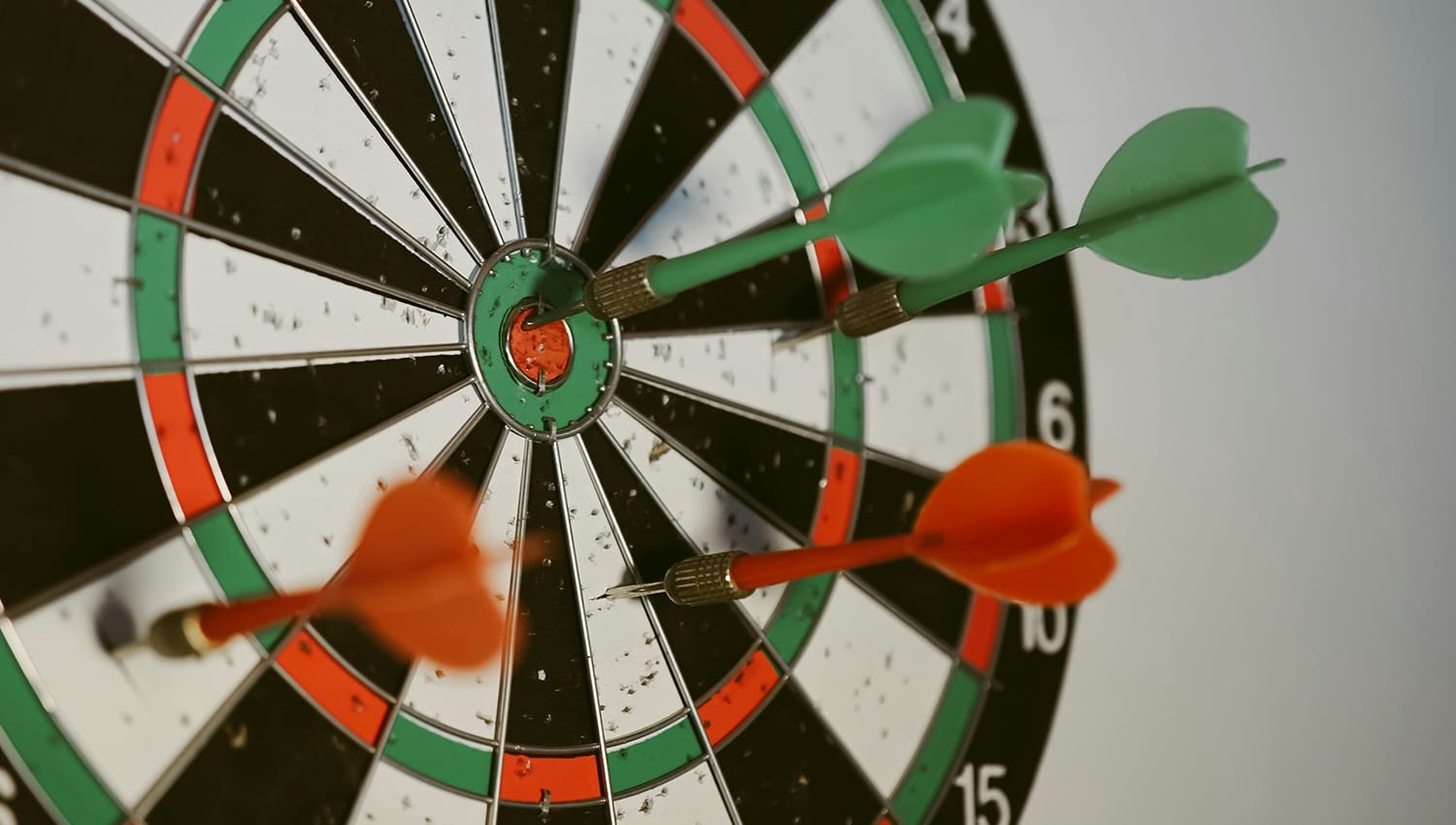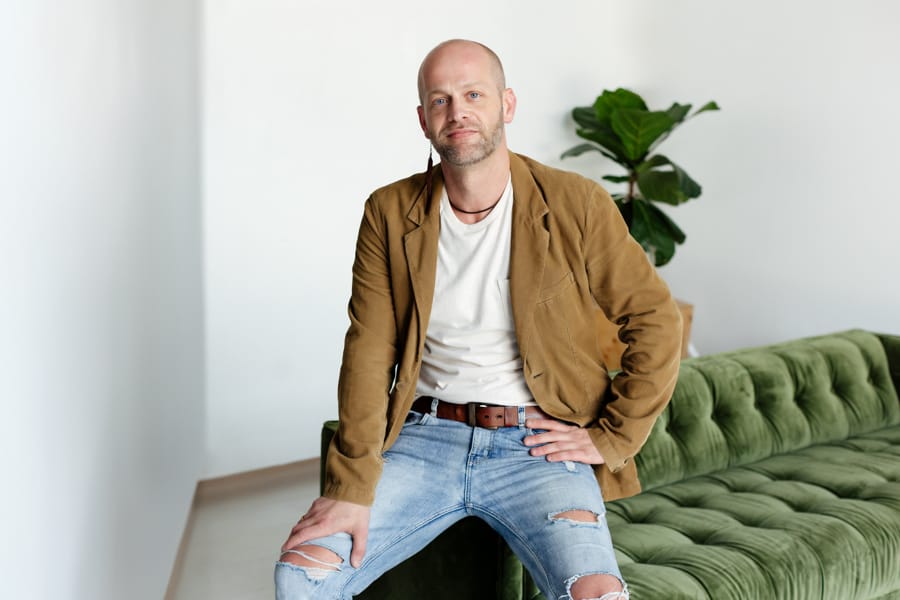According to the Buddha, our reaction [to pain] is equivalent to being shot by a second arrow. We can call this second arrow suffering. Suffering arises because when we experience pain … we typically react by lashing out, at ourselves and others. We believe somehow that this will dispel or mitigate the pain.
The phrase that I use to direct this principle and metaphor is: Pain is inevitable, suffering doesn’t have to be.
In Dialectical Behavior Therapy (DBT), we teach pain in life is inevitable but suffering is not. Suffering, from this perspective, happens when we experience “ordinary life pain” and then reject it or the circumstances causing it.
Most of us are not fond of widespread change, especially when it threatens our sense of stability and safety. We fight reality. We say “this shouldn’t be happening.” We challenge new rules and ask in desperation “why me?” It is important to feel your emotions, to observe the loss and fear and anger and boredom that invades your space. It is also important to notice where you are fighting reality, where you are not open to feedback, and where you are refusing to accept facts as they are.
Of course all behaviour, including fighting reality, has a FUNCTION. To accept painful circumstances is difficult. It is frightening to tolerate uncertainty. It is uncomfortable to sit with intense emotion….so we avoid, fight, and reject our realities and pain becomes suffering. Radical acceptance is willingness to accept or acknowledge reality for what it is. It means fully embracing, working with, and integrating present facts in a given situation.
It does not mean you LIKE or APPROVE OF reality and it does not mean you are helpless, powerless, or “giving up” in face of your reality; quite opposite, actually. Reality acceptance is a potent skill for managing intense emotions and facilitating positive change. Ironically, change we so desperately seek typically begins when we can look at our circumstances constructively and openly. We are propelled forward by holding facts up to light and generating solutions. When we reject or chronically avoid reality, we get stuck in fighting and cannot see ways through.
To practice this skill, observe a situation that brings tension or intense emotion. Notice situational parts you accept and ones you fight. If you keep fighting reality, what impact is there on emotions? your mental health? If you practice reality acceptance, how does it impact your emotions and mental health?
Which stance (acceptance vs fighting reality) gets you closer to what you want? Practice accepting facts and see what it feels like in your body and your behaviour.
Use sitting with pain to release yourself from suffering.

